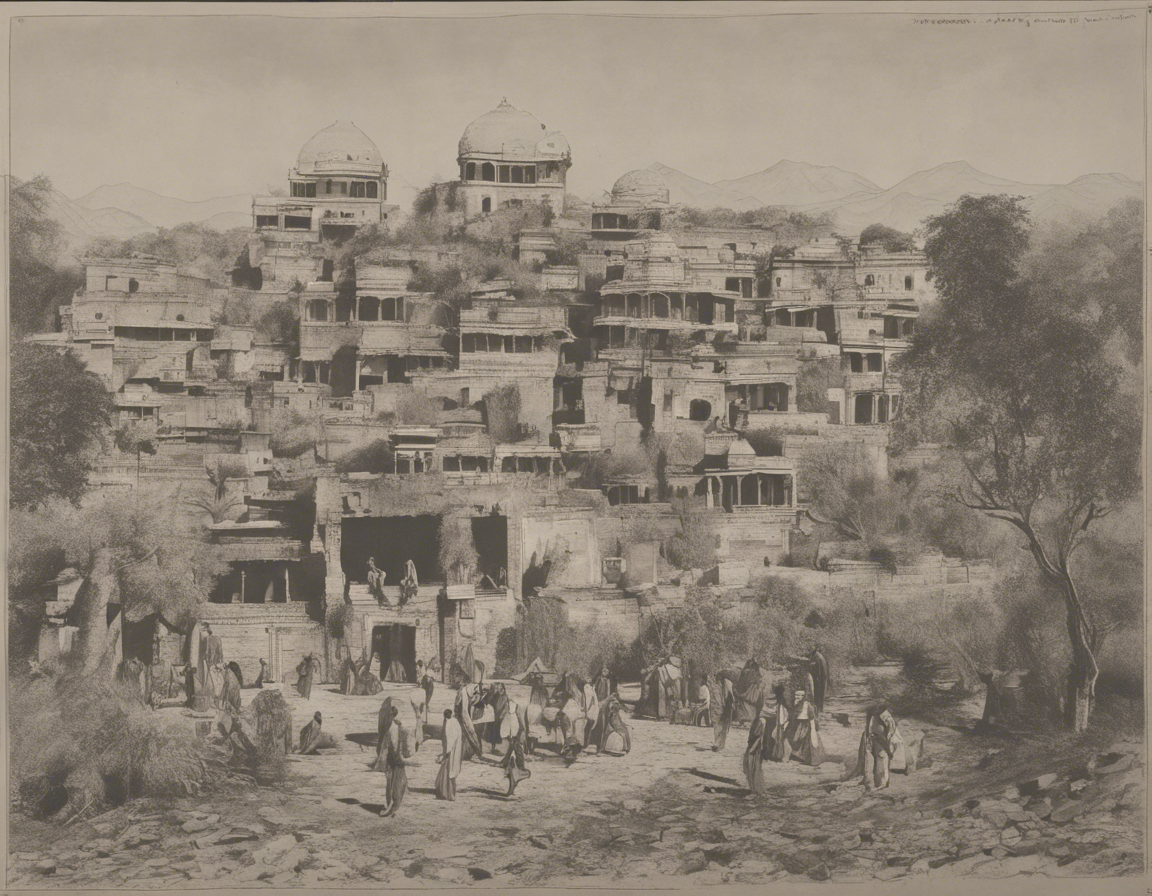The festival of Gyaras (Gyara Tithi) holds immense significance in Hindu culture and is observed on the 11th day of the lunar fortnight, both in accordance with the Hindu calendar. This auspicious day is observed with great devotion and religious fervor by devotees across various regions of India. Let’s delve deeper into the significance, rituals, and celebrations associated with Gyaras.
Significance of Gyaras:
Gyaras is considered extremely auspicious in Hinduism and is believed to hold the power to fulfill wishes, remove obstacles, and bring prosperity and good fortune to individuals who observe it with sincerity. It is also believed to cleanse one’s karmas and offer redemption from past misdeeds.
Rituals Observed on Gyaras:
1. Fasting (Vrat):
One of the primary rituals observed on Gyaras is fasting. Devotees abstain from consuming grains and any form of non-vegetarian food on this day. Some people also opt for a complete fast without consuming even water until the evening.
2. Worship of Lord Vishnu:
On Gyaras, devotees offer prayers to Lord Vishnu. The day is dedicated to seeking the blessings of the preserver of the universe. Chanting Vishnu Sahasranamam or other prayers dedicated to Lord Vishnu is considered highly auspicious.
3. Charity (Daan):
Offering charity on Gyaras is believed to bring good karma and blessings. Donating food, clothes, or money to the needy is a common practice on this day. It is believed to help in seeking divine blessings.
4. Kirtan and Bhajan:
Devotees engage in Kirtan and Bhajan sessions to sing praises of the divine. The melodious tunes and devotional songs create a spiritual ambiance that elevates the devotees’ minds and hearts.
5. Lighting Diyas and Incense Sticks:
Lighting diyas (earthen lamps) and incense sticks is a traditional practice on Gyaras. It symbolizes driving away darkness and negativity, welcoming positivity, and purifying the surroundings.
Celebrations and Observations of Gyaras:
1. Pilgrimages:
Many devotees undertake pilgrimages to sacred places like Vaishno Devi, Haridwar, Vrindavan, or Mathura on Gyaras to seek the blessings of the divine and perform special pujas and rituals.
2. Reading Scriptures:
Devotees spend the day in reading scriptures like the Bhagavad Gita, Ramayana, Bhagavata Purana, or other holy texts to gain spiritual knowledge and insights.
3. Offering Prayers at Temples:
Visiting temples dedicated to Lord Vishnu or other forms of the divine is a common practice on Gyaras. Devotees offer prayers and seek blessings for themselves and their families.
4. Community Feasts (Bhandara):
In many regions, community feasts known as bhandaras are organized on Gyaras. Delicious vegetarian meals are served to all devotees as a form of prasad.
5. Observing Silence and Meditating:
Some devout followers choose to observe maun vrata (silent fast) and spend the day in meditation and introspection to enhance their spiritual connection.
Frequently Asked Questions (FAQs) about Gyaras:
1. What is the best time to observe Gyaras?
The 11th day of the lunar fortnight is considered ideal to observe Gyaras. However, individuals can choose to observe it on any 11th day as per the Hindu calendar.
2. Can children and elderly people observe the fast on Gyaras?
Fasting on Gyaras is a personal choice. While children and elderly individuals can participate in the rituals, it is advisable to consult a spiritual guide or a health professional before they undertake fasting.
3. Are there any specific prayers to be chanted on Gyaras?
Devotees often chant Vishnu Sahasranamam, the 12 names of Vishnu, or simply recite “Om Namo Narayana” on Gyaras to seek blessings.
4. What food items are traditionally consumed after breaking the fast on Gyaras?
Fruits, sweets, milk, curd, and vegetarian dishes are commonly consumed after breaking the fast on Gyaras.
5. Can non-Hindus observe Gyaras and participate in the rituals?
Gyaras is a universal festival that transcends religious boundaries. Non-Hindus are welcome to observe Gyaras, participate in the rituals, and seek blessings.
With its deep spiritual significance and enriching rituals, Gyaras serves as a reminder of the importance of faith, devotion, and seeking divine blessings. Observing Gyaras with a pure heart and mind can lead to spiritual growth, peace, and prosperity in one’s life.
